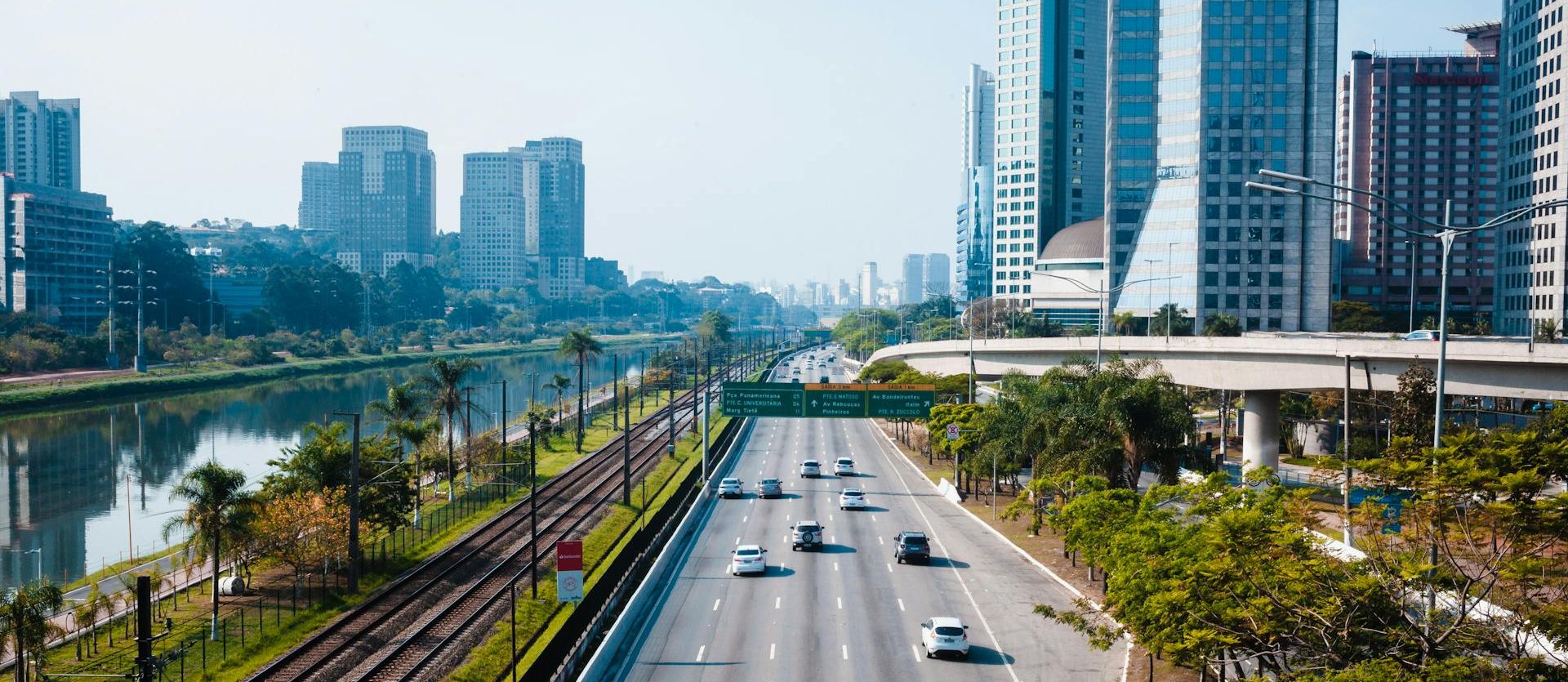
Moving to Brazil from the UK y is a significant life decision filled with excitement and opportunities. However, it often comes with unexpected emotional complexities, including expat guilt. This is a familiar feeling among individuals who live outside their native countries. It involves a mix of emotions, including sadness, regret, and guilt, over leaving family and friends behind. As more people move abroad for work, studies, or personal reasons, understanding “what is expat guilt?” becomes crucial. This complex emotional state can impact the overall experience of an expatriate. This article explores the subject and its common triggers to provide insights into expatriates’ emotional landscape and highlight what could be done to alleviate it.
Yes, feeling regret after moving abroad is a normal part of the adjustment process. Many expatriates even question if their decision is based on selfishness, but choosing to move overseas doesn’t inherently make someone selfish. This decision is often driven by pursuing better career opportunities, personal growth, or life experiences. Expats must acknowledge their reasons and understand that seeking personal development is valid. Significant difficulty can come, especially when facing cultural challenges or loneliness. Recognising and addressing these feelings can help individuals move forward more positively.
Moving and living abroad come with a spectrum of psychological effects. Being surrounded by the differences a new environment brings to an expat can make you feel like all the intuition that has always guided you through life has faded away. Expatriates might experience expat anxiety, characterised by persistent worry about fitting in or handling new challenges. Additionally, the loneliness could become profound, as building a new social network can be challenging. Cultural differences will probably be your most significant issue, especially if you desire to integrate and build a community. The constant feeling of being the outsider can get quite heavy in your arms. Being able to cope with the time and space that might be longer than you expected to fit in socially, professionally and culturally speaking is essential.
Getting over expat guilt involves recognising these feelings without letting them overwhelm you. The main reasons must be acknowledged: factors such as co-dependency, fear of losing someone while abroad, guilt for being happy while far from your loved ones and many other reasons. The answers for these matters go from engaging in regular communication with loved ones back home to lessening bad feelings by often visiting if possible. Getting help from professionals who will help you deal with this process is the perfect way to organise your thoughts and better understand your feelings, which will also help maintain strong relationships with the ones back in your previous home. All these problems are expected and lead to regret moving abroad at times. They can arise from difficulties adapting to a new culture or missing significant events at home. However, these feelings often diminish as one gets more settled. Your reasons to stay or go back should be made by following your inner desires. After all, it is your life; you must make decisions based on your analyses, not anyone else’s. So, balance your priorities and dreams to see which one will talk louder in the end.
Ruminating about whether your belongings and legal procedures are being appropriately managed must be the last of your worries when there’s already a lot on your plate. So, choosing a reliable removal service is essential to ensure a smooth transition abroad. What is expat guilt if not exacerbated by the stresses of moving? That’s why VanOne International Movers counts on a team full of experts available to assist you with whatever your moving concerns may be. Our expert services help alleviate these stresses by managing the logistics of your move, allowing you to focus on processing your feelings and settling in.
Expatriates often face challenges in adapting to the local culture, overcoming language barriers, and finding housing. However, notable digital communication and global networking breakthroughs have made it easier for expats to find resources and community support abroad. Although the struggles seem uncountable, the strength of moving abroad invariably leads to significant personal growth. Expatriates develop resilience, adaptability, and a broader worldview, which are invaluable in personal and professional realms.
Pushing through homesickness involves creating new routines, exploring your new environment, and staying connected with your culture through food, music, or community groups. Deciding to move back involves assessing your satisfaction and quality of life abroad. If the reasons for moving abroad no longer align with your personal or professional goals, it’s time to give in and admit it is time to move back to your home country. If it is costing your mental health, consider returning.
What is expat guilt? Understanding and addressing it effectively is vital for anyone living abroad. By embracing new experiences and maintaining strong ties to home, expatriates can manage these emotional challenges and make the most of their global journeys. You must try all your resources before your final decision, ensuring you can confidently say your new chapter abroad has ended or that you have what it takes to go on with body and mind where you wish them to be. Dealing with the problem before piles up is the key, give yourself space to take care of these bits we often try to push away, this way the results will tend to fall on the positive side for you and loved ones.
 What is the Communication Style in Brazil?
What is the Communication Style in Brazil?What is the Communication Style in Brazil? Moving to Brazil is exciting, but understanding the local communication style…
 Best Paid Jobs in Brazil: A Dive Into the Popular Professions
Best Paid Jobs in Brazil: A Dive Into the Popular ProfessionsBest Paid Jobs in Brazil: A Dive into The Popular Professions Welcome to our dive into Brazil's job…
 World of Brazilian Education: A Journey Through Learning and Culture
World of Brazilian Education: A Journey Through Learning and CultureWorld of Brazilian Education: A Journey Through Learning and Culture First things first, let's chat about the basics.…
 Getting Your Way to the Brazilian Driver’s License and Road Rules
Getting Your Way to the Brazilian Driver’s License and Road RulesGetting Your Way to the Brazilian Driver's License and Road Rules Brazil is a federative republic composed of…